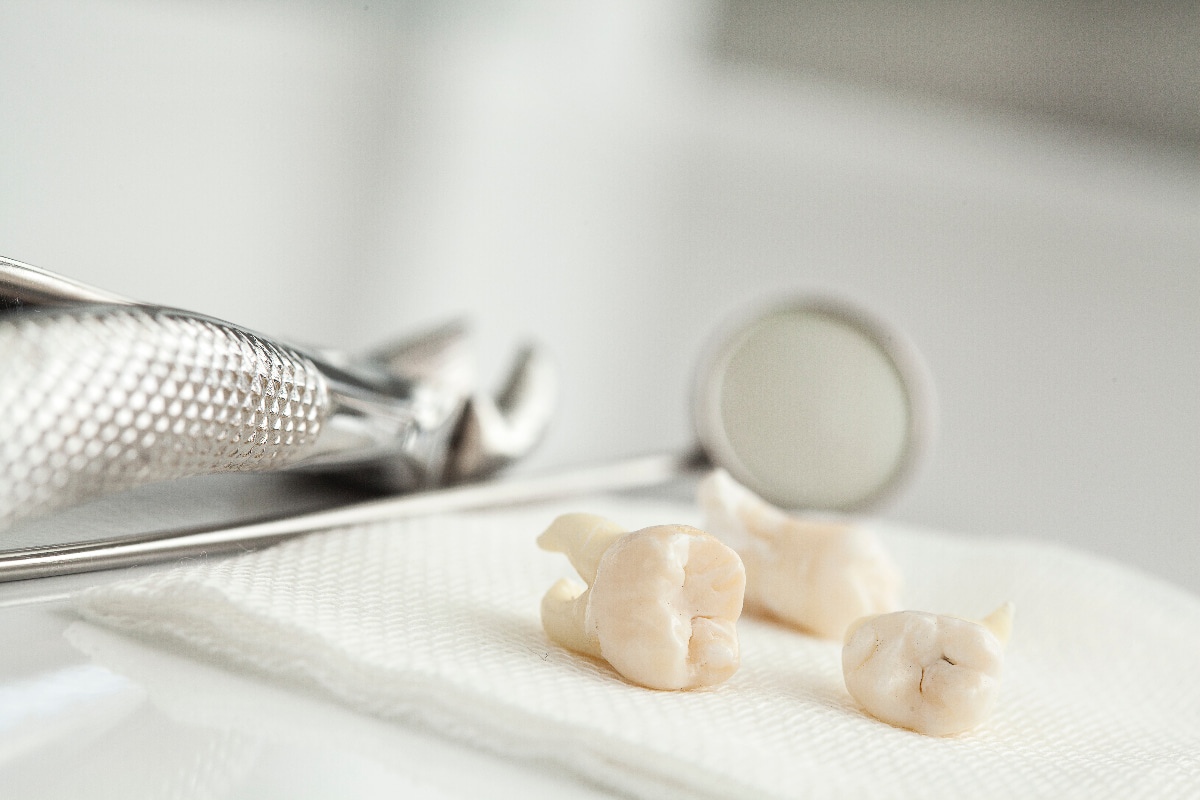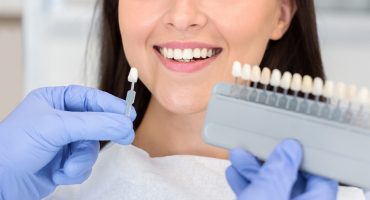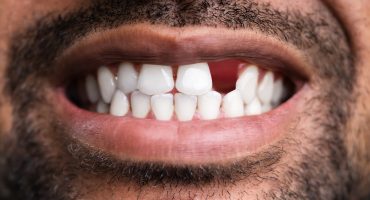The wisdom teeth are the outermost teeth in the jaw. They are like all our other teeth created before the birth in the jaw, but develop only in adulthood to its final size. On each side of the jaw in the upper and in the lower jaw arises ever a wisdom tooth. He breaks through the gum, or he gets stuck in the jaw. In many people, the wisdom teeth remain hidden under the gums and barely noticeable. But if they damage neighboring teeth or cause pain, it makes sense to remove them. Either they can simply be pulled or the dentist or the maxillofacial surgeon has to surgically remove them.
Overview of this article
- Wisdom teeth are not always disturbing
- Problems in the mouth due to wisdom teeth
- Experienced specialists in surgical removal
- What possibilities of removal are there?
- What is the procedure for removing wisdom teeth by surgery?
- Can complications occur after surgery?
- What should be considered after the operation?



